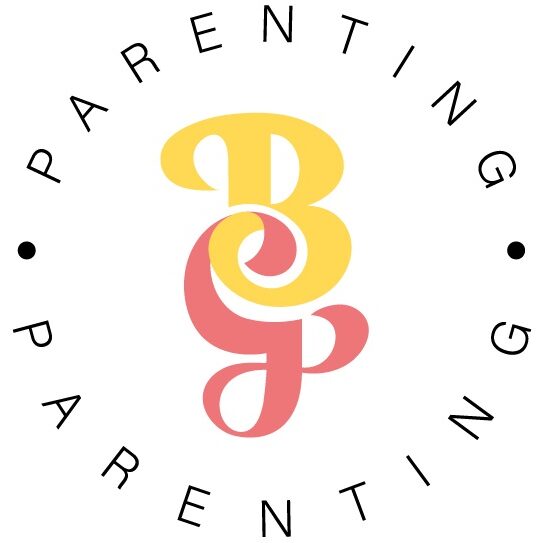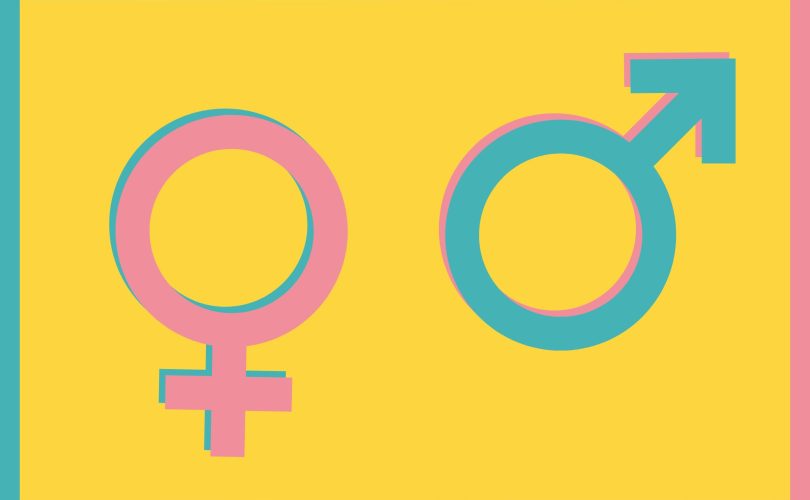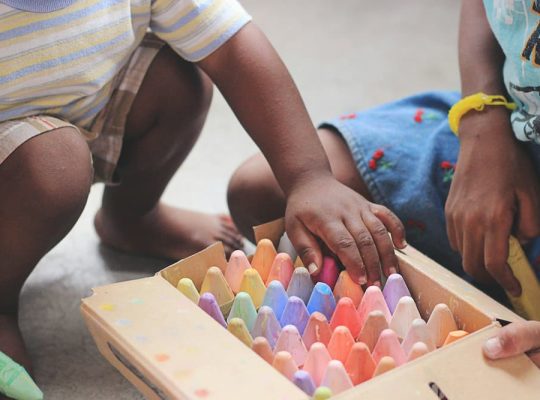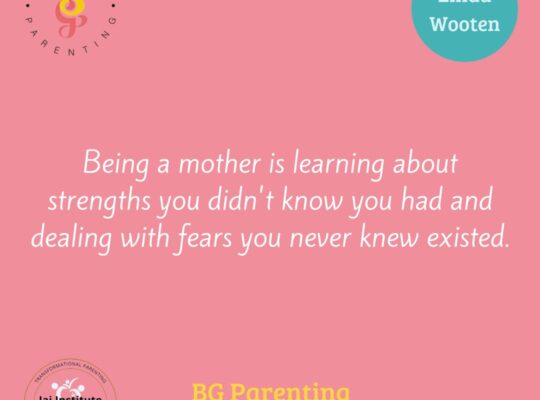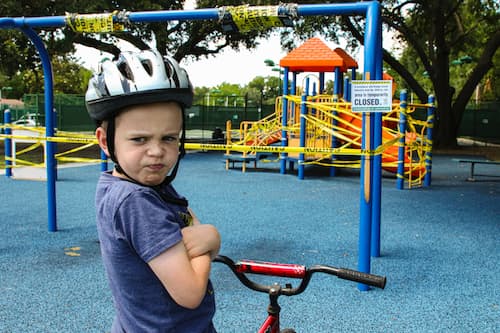Navigating gender roles for a more inclusive future
Navigating the world of parenting is a journey filled with profound responsibilities. As a parent, the impact we have on our children’s understanding of gender roles is profound and far-reaching.
Reflecting on my journey with my now 14-year-old son, I’ve realised the power of parenting that actively challenges gender norms.
Whether it’s the toys we select or the language we use, each decision influences how they perceive themselves and others.
The dialogue about gender is evolving rapidly, supported by research and the thoughtful insights of leaders like Carol Gilligan and Alok Vaid-Menon, and the experiences of athletes such as Imane Khelif, who challenge the status quo in their fields.
The subtle power of toys and language
A fascinating study from the University of Sussex has given us some eye-opening insights into the subtle, yet significant, ways we might be shaping our children’s understanding of gender without even realising it. In this study, participants watched a video where a baby was introduced as either “Sam” or “Emma.” This simple naming led viewers to assume the baby’s gender as either male or female. What’s interesting is how this assumption influenced their choices of toys: “Sam” often received cars and balls, while “Emma” was given dolls and plush toys.
Even the words used by participants changed based on the baby’s perceived gender. Descriptors for “Sam” leaned towards active and dynamic, whereas “Emma” was more often associated with nurturing and gentle terms.
This study really highlights the powerful role that even small cues can play in reinforcing gender stereotypes from such a young age. By being more thoughtful about the toys we pick and the language we use around our little ones, we can help them freely explore a wide range of interests and abilities, stepping away from limiting gender norms. Let’s give our kids the freedom to be themselves, unboxed by outdated expectations!
Watch this short demonstration by BBC of this particular ingrained gender stereotype!
Carol Gilligan’s fresh perspective on feminism
Carol Gilligan, a trailblazing feminist psychologist, has revolutionised our understanding of gender and moral development through her influential work. Her seminal book, “In a Different Voice,” truly shook the foundations of traditionally male-centric psychological theories by spotlighting the distinct ways women handle moral dilemmas – often prioritising an ethics of care rather than an ethics of justice.
Carol’s perspective on feminism goes far beyond simply advocating for women’s rights. She is passionate about freeing all genders from the tight grip of societal norms. Carol argues that the patriarchal system not only suppresses women but also boxes in men by promoting stiff definitions of masculinity that typically discourage showing emotion and taking on caregiving roles.
She is a strong proponent of tearing down these limiting structures to foster a society where everyone can freely express and develop their identities without the constraints of gender expectations. Carol envisions a world where qualities like care and empathy are celebrated just as much as justice and autonomy. This, she believes, would lead to healthier relationships and a more compassionate society overall.
Watch Netflix’s Beyond Men and Masculinity for more insights!
Exploring the spectrum with Alok Vaid-Menon
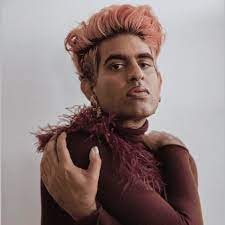 Alok Vaid-Menon, a vibrant and inspiring gender non-conforming performance artist, writer, and activist, passionately challenges the traditional view of gender as merely male or female. They believe that this strict binary categorisation not only limits personal expression and identity but also leads to stereotypes that force individuals to conform to narrow, often unrealistic societal expectations based on their assigned gender at birth. This, Alok points out, can result in discrimination, marginalisation, and a host of mental health challenges for those who don’t fit neatly into these categories.
Alok advocates for a society that embraces a full spectrum of gender identities, promoting greater understanding and acceptance. This shift could significantly reduce stigma and enhance mental well-being. By celebrating gender fluidity and diversity, we open doors to greater creativity, innovation, and personal freedom. Alok’s vision is a bold call to dismantle the toxic traits often associated with traditional masculinity – which discourages vulnerability and emotional expression in men – and to challenge the restrictive norms that curtail the opportunities and self-expression of women.
Alok Vaid-Menon, a vibrant and inspiring gender non-conforming performance artist, writer, and activist, passionately challenges the traditional view of gender as merely male or female. They believe that this strict binary categorisation not only limits personal expression and identity but also leads to stereotypes that force individuals to conform to narrow, often unrealistic societal expectations based on their assigned gender at birth. This, Alok points out, can result in discrimination, marginalisation, and a host of mental health challenges for those who don’t fit neatly into these categories.
Alok advocates for a society that embraces a full spectrum of gender identities, promoting greater understanding and acceptance. This shift could significantly reduce stigma and enhance mental well-being. By celebrating gender fluidity and diversity, we open doors to greater creativity, innovation, and personal freedom. Alok’s vision is a bold call to dismantle the toxic traits often associated with traditional masculinity – which discourages vulnerability and emotional expression in men – and to challenge the restrictive norms that curtail the opportunities and self-expression of women. Imane Khelif and gender discrimination in sports
The story of Algerian boxer Imane Khelif is a stark reminder of the discrimination that female athletes still face today. Recently, Khelif was allowed to compete in the Paris 2024 Olympics after initially being excluded due to allegations questioning her gender, illustrating the significant barriers that women in sports often encounter. Such discrimination not only undermines their athletic achievements but also perpetuates gender inequality within the sporting world.
There is an ongoing debate about not categorising sports by gender but instead creating a more inclusive environment where athletes are grouped based on skill, performance, or other relevant criteria. This progressive approach could help dismantle gender-based disparities, ensuring that all athletes, irrespective of gender, receive equal opportunities to excel and gain recognition for their talents. The example of Usain Bolt, whose exceptional physical advantages set him apart from his sprinting peers, underscores the argument that individual abilities can vary widely, further supporting the idea that gender alone should not dictate athletic participation or accolades.
Encouraging parents to reflect and act
- Offer diverse toys and activities: Encourage your children to explore a wide array of toys and activities, regardless of gender norms. Allowing a boy to wear pink or play with a doll’s pram teaches them that self-expression is valuable and there’s nothing shameful about engaging in activities traditionally associated with the opposite gender. This not only broadens their skills but opens up a whole spectrum of interests.
- Use inclusive language: Being mindful of the language we use can help prevent reinforcing stereotypes. For instance, in our home, my son and I use ‘they/them’ pronouns for people until we’re told their preferred pronouns, regardless of how they appear. This practice helps us curb our own stereotyping habits and promotes a more inclusive way of communicating.
- Model gender equality: Demonstrate gender equality through your actions. In a heteronormative household, showing that responsibilities can be equally shared, and that preferences for tasks are not tied to one’s gender, can help dismantle traditional dynamics. Show respect for all genders through your interactions.
- Educate and discuss: Have open discussions about gender and stereotypes with your children. Teach them about the importance of equality and the negative impacts of stereotypes. This might require some research and reflection, as gender stereotypes and discrimination are often deeply normalised.
- Support diverse role models: Introduce your children to a diverse range of role models from various genders and backgrounds. Highlighting the achievements of lesser-known female scientists, for instance, can inspire your children and broaden their perspectives.
Follow A Mighty Girl on Facebook for inspiration!
- Challenge stereotypes: Actively challenge gender stereotypes when you come across them. Encourage your children to think critically and question societal norms. For example, if they notice that a TV programme consistently portrays women as emotional and men as stoic, use it as an opportunity to discuss how emotions are universal and not confined by gender. Highlight characters or real-life examples that defy these stereotypes.
By embracing these strategies, we can help build a more inclusive and equitable world for our children. Drawing on the insights of thinkers like Carol Gilligan and Alok Vaid-Menon, and learning from the experiences of athletes like Imane Khelif, we can create an environment where everyone can thrive, free from the constraints of gender stereotypes. Together, let’s nurture authenticity, equality, and the full potential of every child.
Subscribe to my newsletter for regular updates, and let’s tackle the parenting world together.
